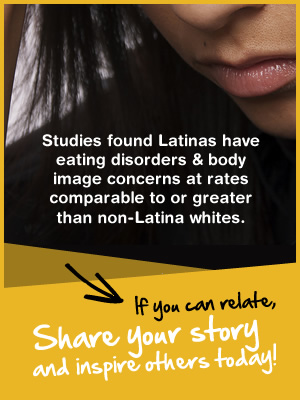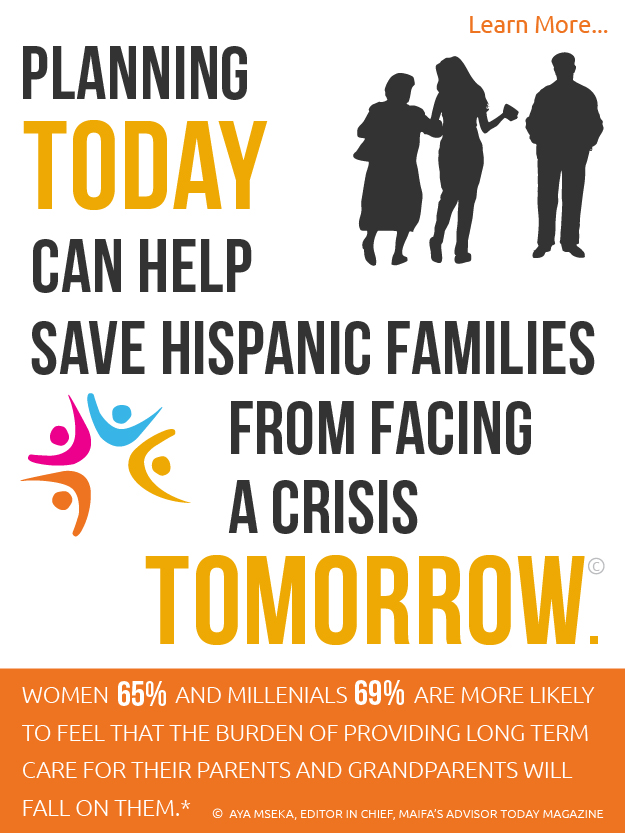
Diabetes and Depression in the Hispanic/Latino Community
06/30/2015 06:00AM | 9181 views- Eduardo Colon, MD,
- Aida Giachello, PhD,
- LaShawn McIver, MD, MPH,
- Guadalupe Pacheco, MSW and
- Leonel Vela, MD, MPH
Nearly 12% of all Hispanics have diabetes, compared to 7.1% of non-Hispanic whites. The prevalence of diagnosed diabetes is not homogenous within subgroups of the Hispanic population, but instead ranges from as low as 7.6% for Cubans to as high as 13.3 and 13.8% for Puerto Rican and Mexican Americans, respectively.1 Disparities in some diabetes-related complications are also higher among Hispanics compared to non-Hispanic whites.2,3
The prevalence rates for depression are significantly higher among adults with diabetes than among those without diabetes.4 People with type 1 or type 2 diabetes are twice as likely to experience depression.4 Comorbid depression affects 15–30% of all adults with diabetes and is associated with more diabetes-related symptoms, worse glycemic control, poorer self-management (worse adherence to dietary and medication recommendations, less physical activity, and less frequent glucose monitoring and foot care),5 higher prevalence of complications, reduced quality of life, and increased mortality.6–10 Despite that, fewer than 25% of people with diabetes and depression are adequately treated.6,11,12
Limited data exist about the prevalence of comorbid depression among Hispanics. Current research shows that Hispanics with diabetes are less likely to be diagnosed with comorbid depression,13 despite prevalence rates equal to or higher than rates among non-Hispanic whites,14 and they are half as likely to receive treatment.15 This article briefly describes depression in the Hispanic community; the relationship between diabetes, depression, and culture; and how advocacy can play a role in addressing this problem.
Depression, Diabetes, and Culture: The Combined Effect
Studies of Hispanic culture and health often describe Hispanics as having a set of health beliefs and behaviors and definitions of health and illness, including perceived causes of illnesses. Hispanics also stress the role of the family, religion, and other traditional practices depending on their years in the United States and their levels of acculturation and assimilation to the U.S. mainstream society.
Cherrington et al.6 found that Hispanics with diabetes, when talking about depression, describe depressive symptoms and emotional distress. They use terms such as sadness, apathy, and loss of pleasure and describe more somatic complaints. They also describe lack of motivation to interact with family members, get out of bed, go to work, and engage in self-care behaviors.6
The lack of validated assessment tools for depression in Hispanics may explain why they are least likely to be diagnosed and treated for depression. Hispanics also tend to attribute symptoms of fatigue, low energy, and dizziness to having both diabetes and depression.6
Cherrington et al.6 found that Hispanics who were diagnosed with diabetes had feelings of hopelessness and were upset about the potential consequences of developing complications and that Hispanics who were experiencing difficulties in diabetes management became anxious and depressed. These researchers argue that there is a bi-directional relationship between emotional health and diabetes.
The prevalence of depression varies by age and sex. A study by Liang et al.16 found higher levels of depressive symptoms (regardless of diabetes) among middle-aged and older Hispanics and blacks than among white Americans of the same age-groups. Compared to white non-Hispanics and African-American woman, Hispanic women have more severe chronic depression. Some studies argue that, in Hispanic women, there is a correlation between depression and exposure to a number of psychosocial and environmental stressors, including poverty, stress associated with single parenting, gender roles, low educational achievement, social isolation, language barriers, migration, and the processes associated with acculturation and adaptation.16
Hispanics are frequently described as having strong family ties (a concept expressed as familialismo)6,17 that protect them from depression and other mental health conditions. For example, there is evidence that the risk of depression is reduced with increasing level of familial support among foreign-born Mexicans.18 Some studies indicate that the family plays both a positive and a negative role in diabetes; it can be a source of support and a source of stress.6 The emotional impact of family as social support varies depending on the extent to which individuals feel supported or understood by family members.6 Men generally report significant family support for their illness (particularly from wives), whereas women often feel unsupported.
Hispanic health research literature also documents a belief in a strong connection between powerful emotions and diabetes, leading some Hispanics to believe that diabetes is the result of a traumatic event (e.g., a car accident or the death of close relative), which is often described as a susto (fright). This is based on the culturally bound belief that strong emotions can lead to bodily changes.6 This perceived connection persists beyond onset and diagnosis of diabetes and into disease management.6
In terms of diabetes treatment, some Hispanics seek medical care from traditional healers (curanderos) or employ home remedies or over-the counter medications, particularly when they experience financial or cultural and linguistic barriers to accessing the health and mental health system.19,20 Finally, the stigma associated with mental illnesses, including depression, affects whether they seek mental health services such as counseling and whether they start and adhere to antidepressant medications.21 One study looked at the rates of adherence to psychotropic medications for patients at a community mental health center. Even after controlling for confounders such as age and social support, the adherence rates for monolingual Hispanics were significantly less than for white non-Hispanics.22
The Role of Advocacy
Diabetes is a serious and growing epidemic in the Hispanic community. Understanding depression and diabetes in disparately affected populations is important, not only for providers, but also for policymakers who work to construct health policies addressing the needs of people with diabetes. There is an ongoing need for more studies on comorbid depression and diabetes; for affordable and culturally linguistic assessment, educational, and treatment tools, including the integration of depression education into diabetes management and control; for increased community awareness of the relationship between diabetes and depression; and for a larger bilingual and bicultural diabetes and mental health workforce.
The goal of the American Diabetes Association (ADA) Diabetes Advocates program is to bring attention to issues affecting people living with diabetes and to advocate for public policy solutions. ADA leads this charge for people with diabetes. The ADA's efforts to address the disparate impact of diabetes on Hispanic populations through public policy change is led by its Latino Diabetes Action Council (LDAC). Composed of a cross-section of leaders from the Hispanic community, LDAC provides leadership on numerous legislative efforts, develops public policy strategies, and provides a strong voice for the ADA's focus on health disparities in its 2012–2015 strategic plan.23
How can health professionals get involved and help advocate for patients with diabetes? As demonstrated in this article, we know it is important for people with diabetes and depression to receive proper care so that their depression does not impair their ability to carry out diabetes care tasks and therefore compromise their health status. ADA Diabetes Advocates can influence policies to address these and other issues faced by people with diabetes.
Diabetes Advocates fought for the passage of the Patient Protection and Affordable Care Act (ACA), which includes many new tools in the fight to stop diabetes in the disparately affected populations who represent a disproportionate number of the uninsured or underinsured in the United States. For example, under the ACA, screening for depression is now a preventive service covered at no cost for adults. This means that people with diabetes who may have undiagnosed depression can be screened without having to pay a copayment, have co-insurance, or meet an insurance deductible. Once the law is fully implemented, people with diabetes and depression will no longer be legally denied insurance or forced to pay a higher premium because of a preexisting condition. These and other efforts are crucial to addressing the needs of people in Hispanic communities living with diabetes.
Health care providers play a key role in combating the disparate impact of diabetes and depression on Hispanic populations. Become a champion for all patients by joining ADA's Diabetes Advocates. Information about how to become an advocate is available online at www.diabetes.org/advocate.











Post your Comment
Please login or sign up to comment
Comments